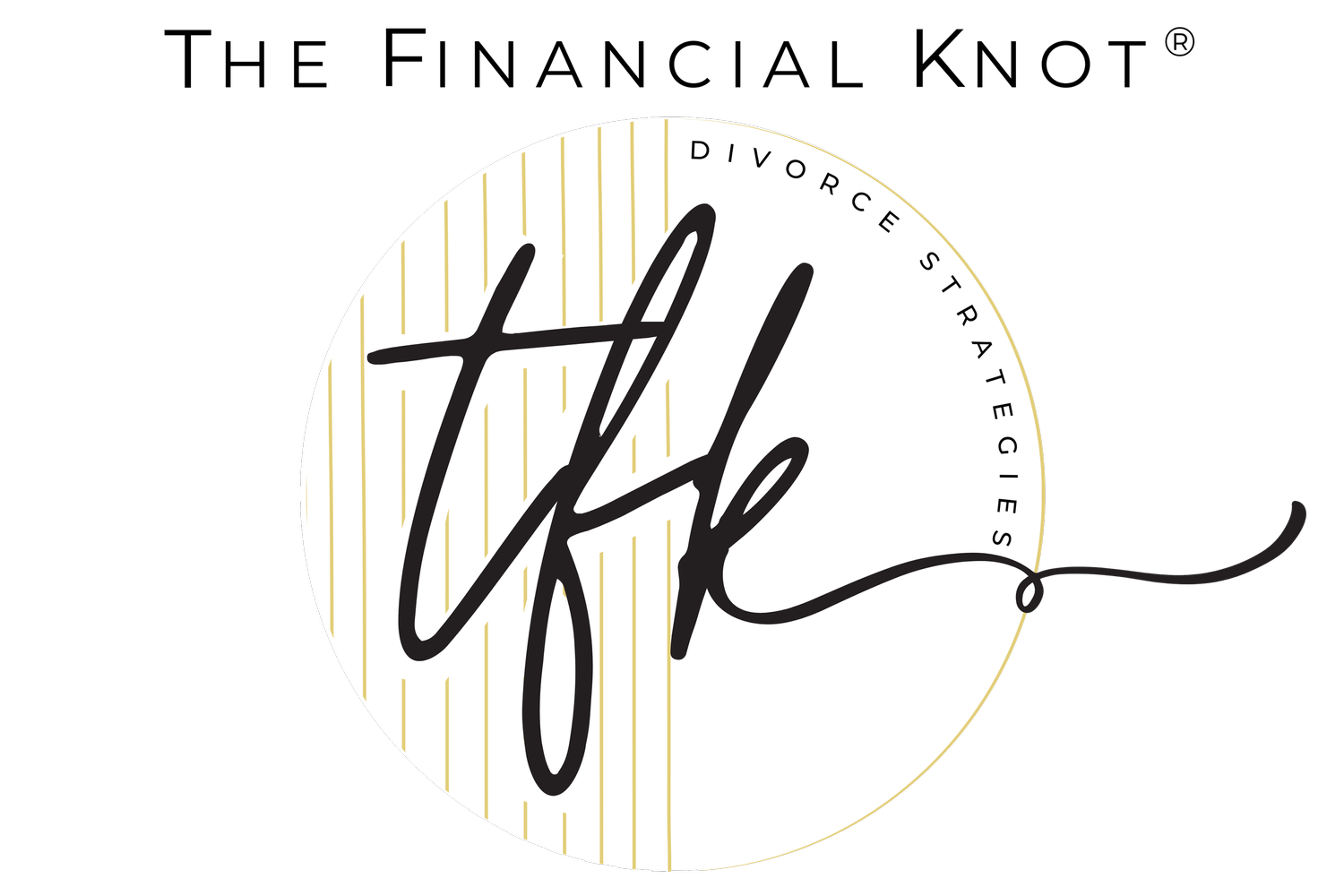Divorce Coach or Therapist – Know the Difference
Divorce is intense and can drain you of precious energy, time, and emotions! Finding time for self-care is key to keeping your sanity. You are more than likely struggling with some emotional overwhelm. Having the best professionals during this time is paramount to keeping you hopeful, positive and productive. There are so many feelings you have to deal with when going through this life-changing event. Maybe you’re struggling with fear, anxiety, anger, loneliness, grief, and loss to name a few. And you realize that you can’t do it alone. There are professionals who can help and want to help.
But how do you know who to reach out to? Should you work with a divorce coach or do you need a therapist? Let’s talk about the differences between coaching and therapy to help you determine what is best for you.
Therapist
A therapist is licensed by a state board and may or may not be able to prescribe medication. They use methods that are psychological in nature to evaluate, assess, diagnose, treat, and prevent emotional and mental disorders and dysfunctions.
These may include behavioral disorders, interpersonal relationships, alcoholism and substance abuse. The practice of mental health counseling may include psychotherapy and hypnotherapy.
Divorce Coach
The American Bar Association defines divorce coaching as “a flexible, goal-oriented process designed to support, motivate, and guide people going through divorce to help them make the best possible decisions for their future, based on their particular interests, needs, and concerns”.
Divorce coaches have different professional backgrounds and are selected based on the specific needs of the clients. For example, some divorce coaches are financial planners, mental health professionals, attorneys, or mediators who have experience working with divorcing clients.
What to Expect
A therapist digs deeper to help you identify and resolve past issues, whereas a divorce coach will help you to feel empowered through the process of the divorce and give you an objective point of view to help you gain understanding and perspective.
A therapist may help you with hardships from your past where a divorce coach is focused on the future and what your next steps could be and give you the guidance and support to move you in the right direction of your goals.
Depending on your situation, you may need a therapist and a divorce coach. Many of our clients use both. Because divorce is so stressful, it’s very difficult to think clearly and make good and rational decisions about your future. Brain fog is real when under stress. That’s why it is so important to have someone who can be your thinking partner, your advocate, who can walk down the path with you.
By determining which professional is suited best for your needs in the here and now, you will best be able to move on with the divorce process so that you are not stuck in the emotional overwhelm that divorce is known to create.
At The Financial Knot®, we provide the financial analysis, but work with therapists and divorce coaches to make sure our families are supported. We recommend using a therapist or a divorce coach to assist families in thinking through their co-parenting plan to ensure no details are forgotten. TFK has a database of professionals we have worked with and can help you choose a provider to support you. Take the first step by asking for help!
The Financial Knot® is another business name for Independent Advisor Alliance, LLC. All financial planning advice is offered through Independent Advisor Alliance, LLC, a registered investment advisor.
